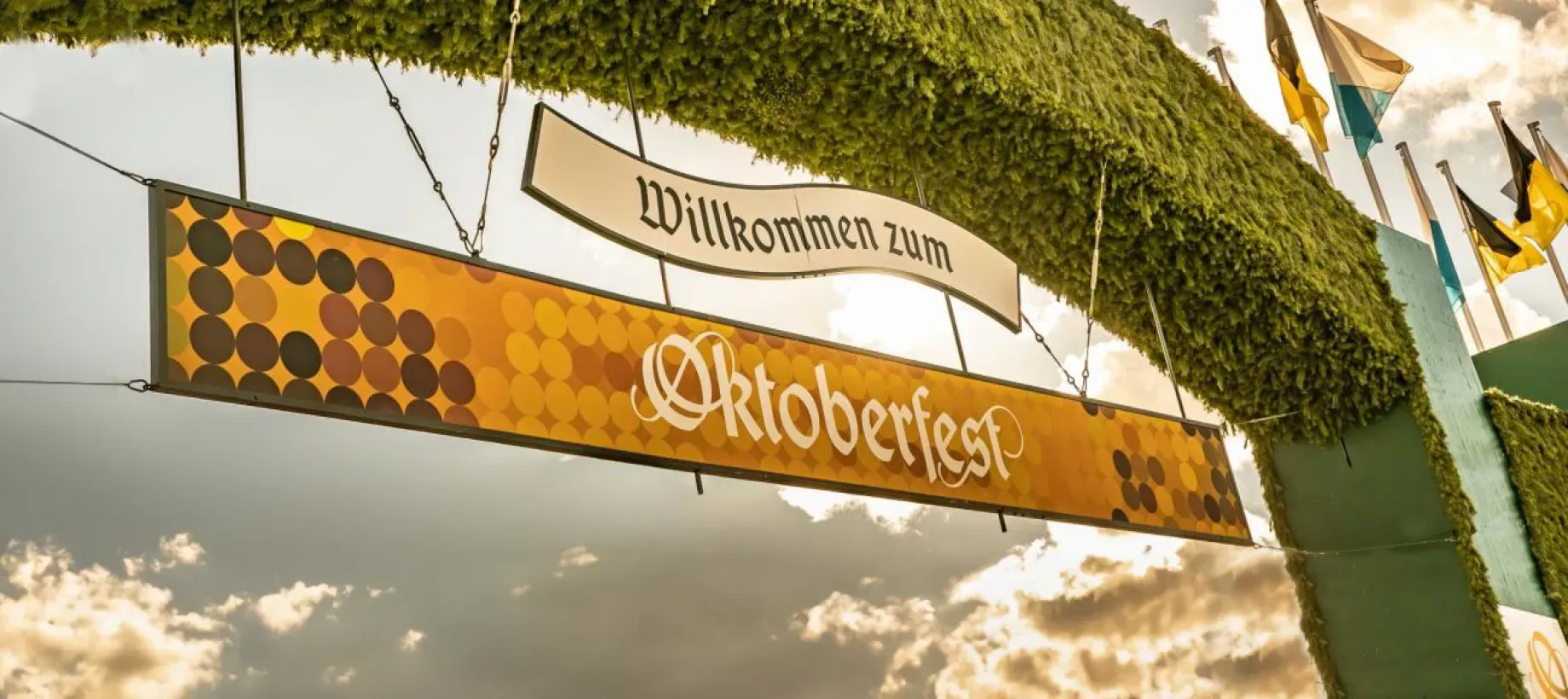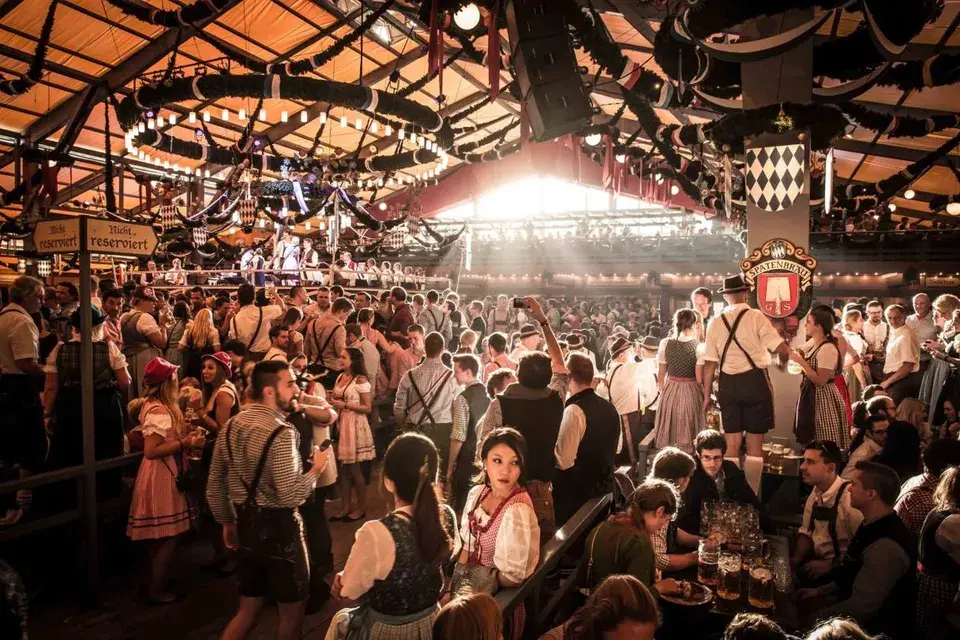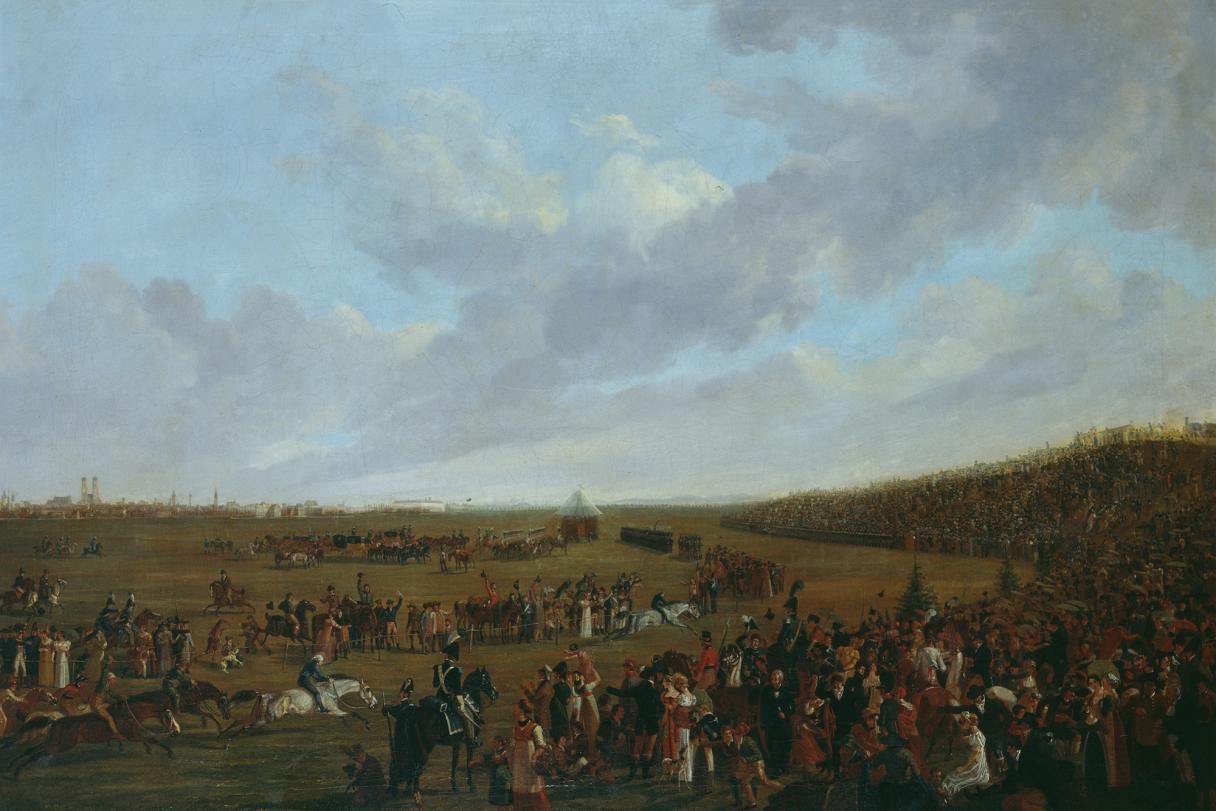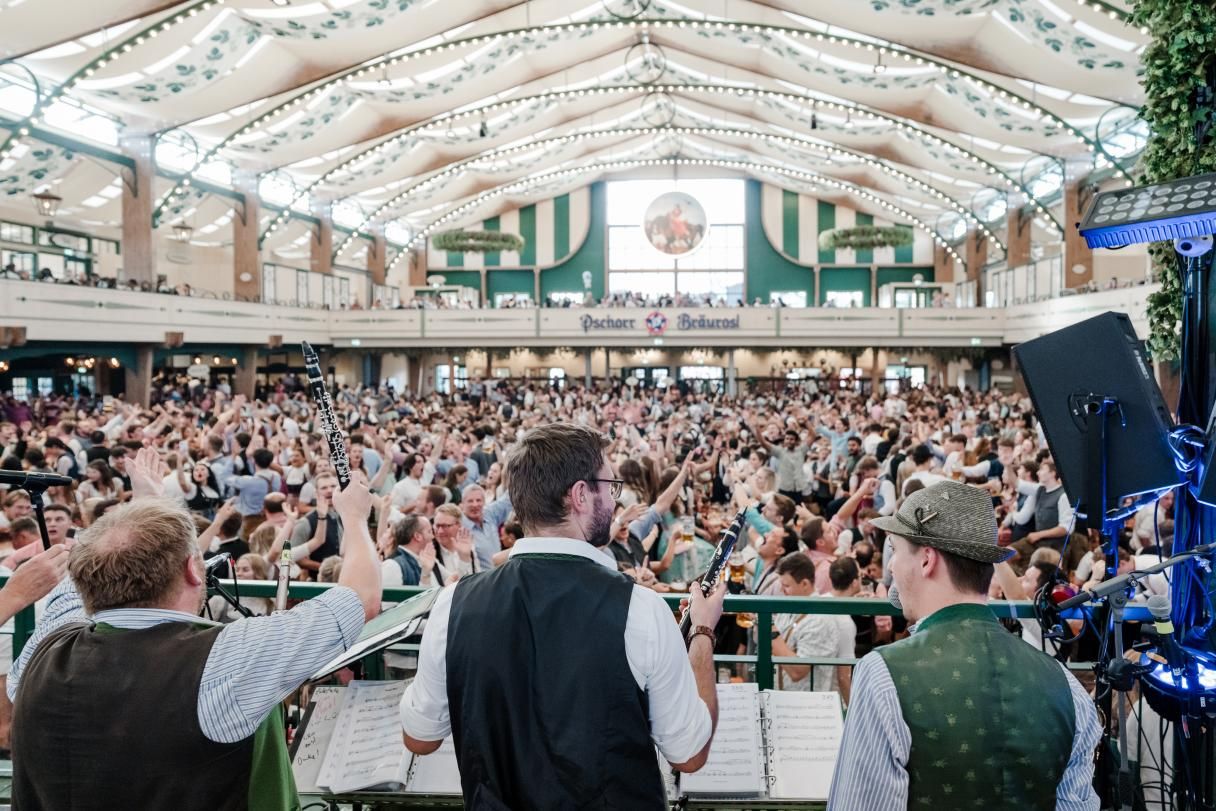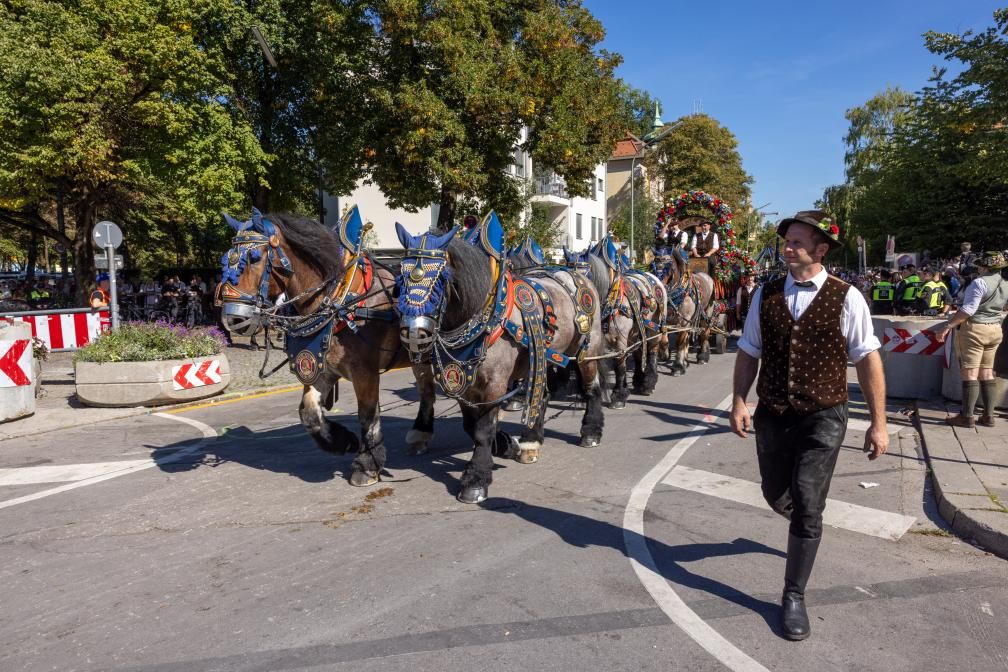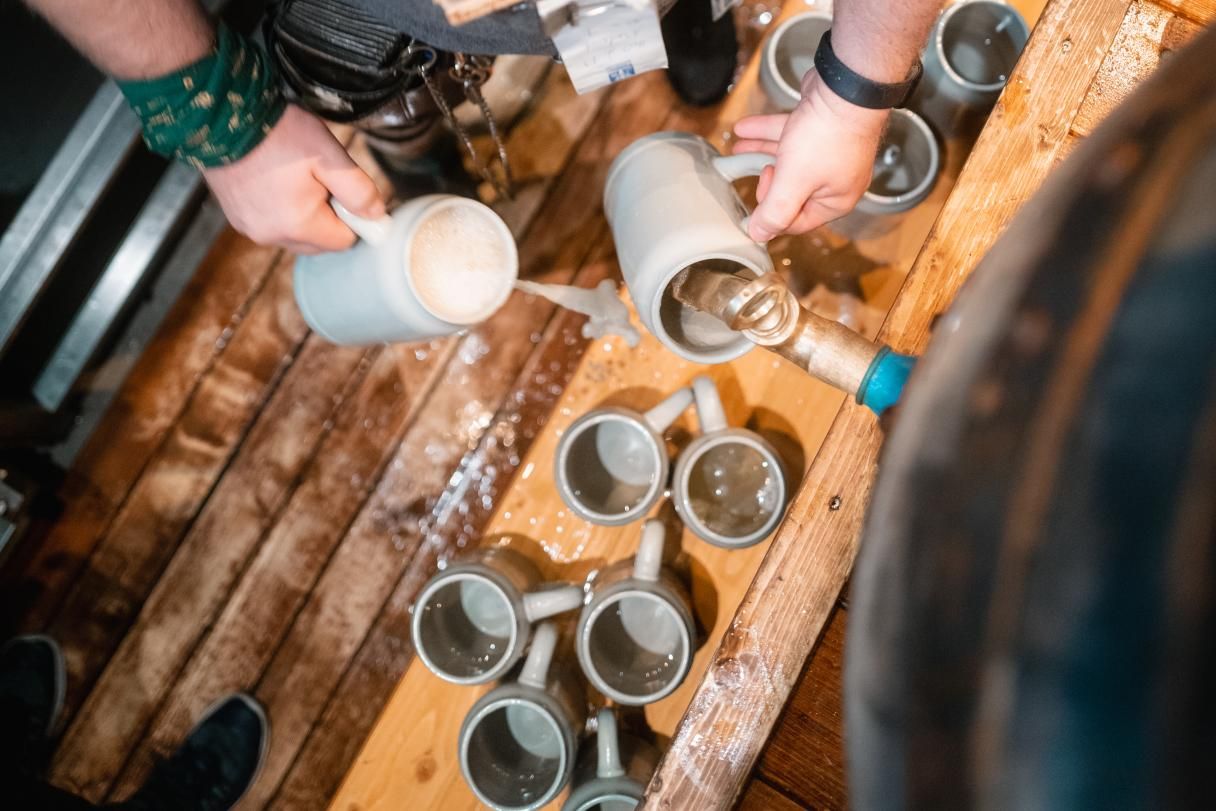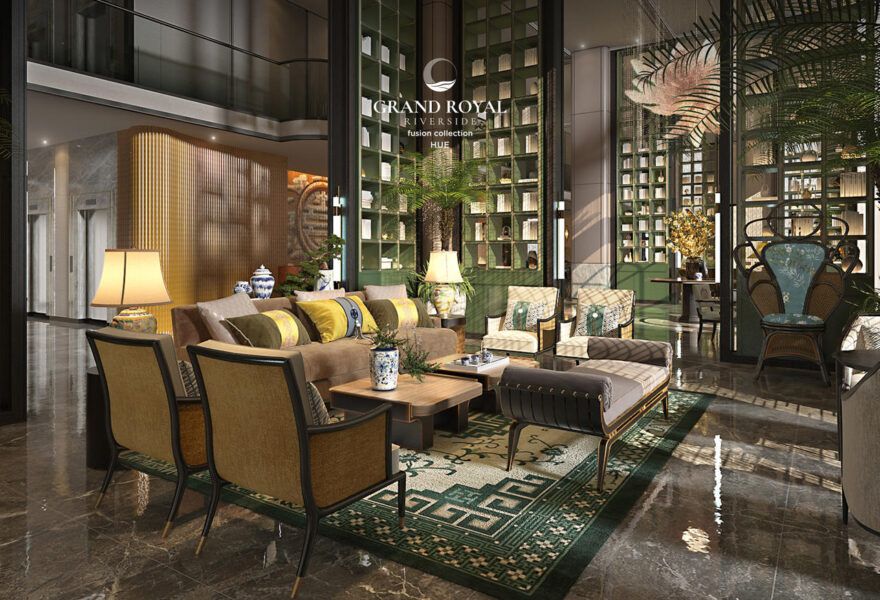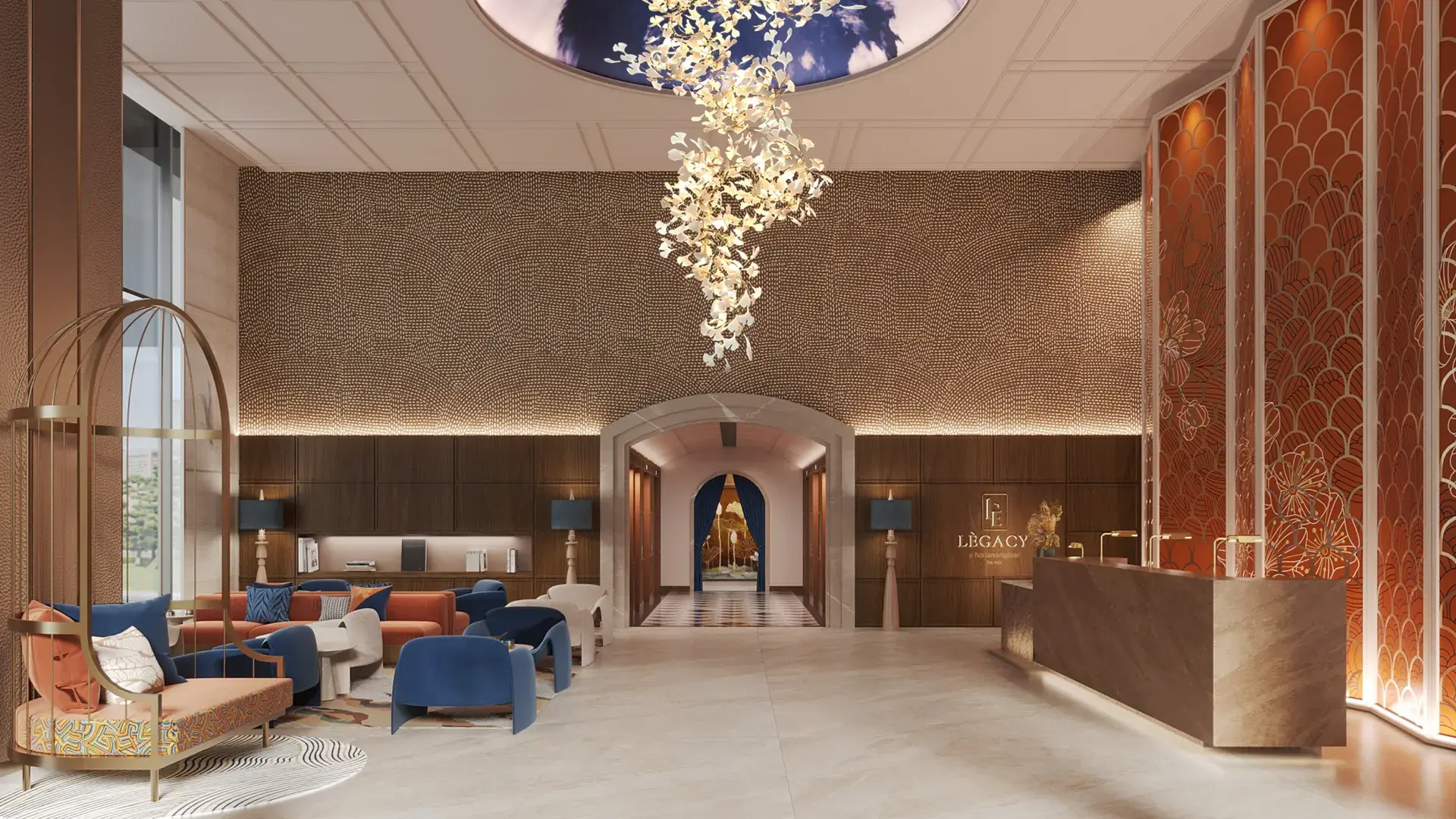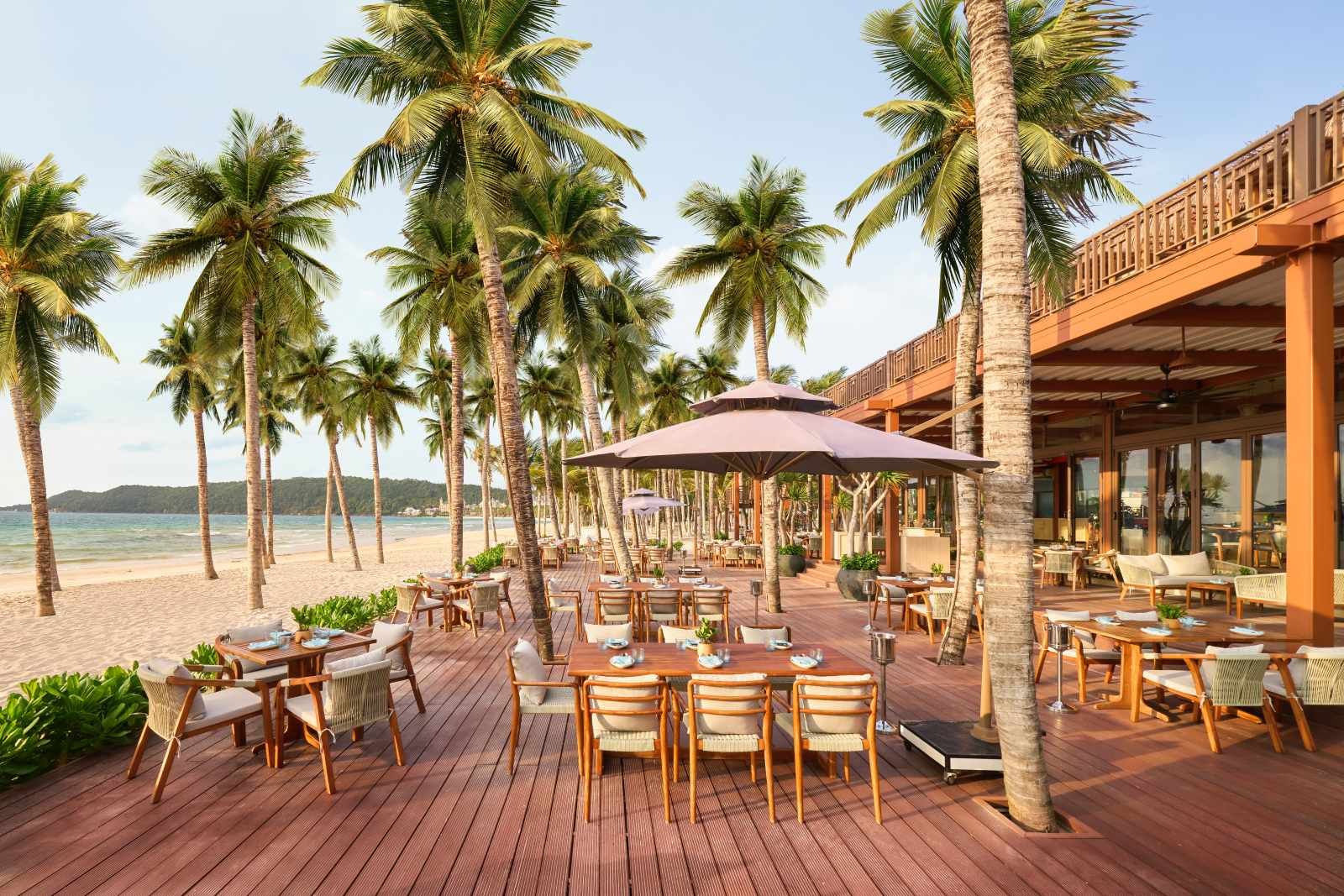A Festival Born Without Beer
Although now known as the world’s most famous beer festival, Oktoberfest had surprisingly modest beginnings with no beer at all. The first celebration took place on October 12, 1810, to mark the royal wedding of Crown Prince Ludwig of Bavaria and Princess Therese of Saxe-Hildburghausen. The festival grounds, Theresienwiese, were named in honor of the princess. Following the wedding festivities, locals wanted to relive the joy of that gathering each year, and so Oktoberfest was born.
In its earliest years, the festival centered around horse races, a popular pastime of the era, while beer and food were introduced later in 1815 as part of the growing celebrations. Over time, the festival evolved into a massive social event where Bavarians gathered to enjoy fine beer, hearty sausages, and local specialties.
By 1835, Oktoberfest attendees were already consuming around 250,000 liters of beer. Sixty years later, Munich’s breweries began setting up large beer tents to accommodate the crowds. In 1950, Munich’s mayor, Thomas Wimmer, officially tapped the first keg of beer and proclaimed “O’zapft is!” (“It’s tapped!”), a phrase that remains the official opening call of the festival today.
Since then, Oktoberfest has become a global symbol of German culture and conviviality, attracting beer lovers and travelers from all over the world. Across two centuries of history, the event has only been paused 26 times due to wars and epidemics, proving its resilience and deep-rooted importance in German tradition.
The Flavors and Traditions of Oktoberfest
A visit to Oktoberfest would not be complete without indulging in its signature treats: freshly baked pretzels, grilled sausages, and, of course, authentic German beer. While many cities across the globe now host their own versions of Oktoberfest, nothing compares to the original celebration in Munich.
Each year, the festival opens with a grand ceremony as the mayor of Munich taps the first keg inside a massive beer tent, announcing “O’zapft is!” to signal the start of the festivities. From that moment, the air fills with cheers, laughter, and the clinking of beer steins. Servers in traditional Dirndl dresses carry several liters of beer at once, moving swiftly between long communal tables filled with visitors enjoying hearty Bavarian dishes and raising their mugs in celebration.
Around the festival grounds, more than 30 large beer tents are set up by major breweries such as Paulaner, Augustiner, and Hacker-Pschorr. The beers served are primarily traditional Märzen and Helles varieties, brewed according to the centuries-old Bavarian purity law.
Beyond Beer: A Celebration of Bavarian Culture
Oktoberfest is not just about beer and sausages. It is a cultural spectacle that celebrates Bavarian heritage through music, costumes, and community. On opening day, a colorful parade fills the streets of Munich, with participants dressed in traditional Lederhosen and Dirndls, accompanied by brass bands, dancers, and decorated carriages.
Throughout the two-week festival, visitors can enjoy folk performances, carnival rides, games, and live music ranging from Bavarian folk bands to international acts. The entire event embodies the warmth, joy, and hospitality of Bavaria, offering unforgettable moments of laughter and togetherness.
Oktoberfest is more than a beer festival; it is a timeless celebration of culture and camaraderie that unites millions of people each year under the shared joy of good food, great music, and the world’s finest beer.


